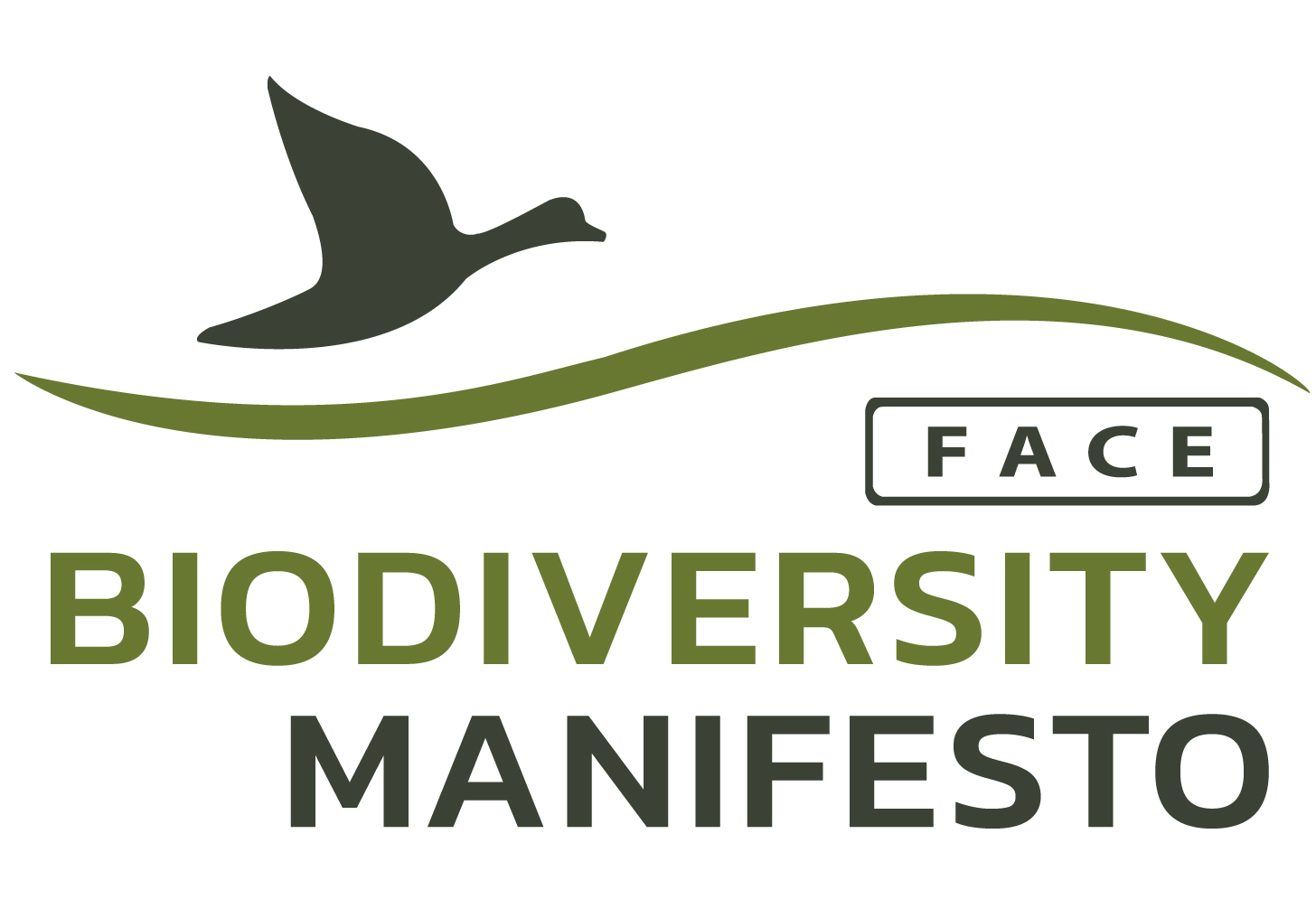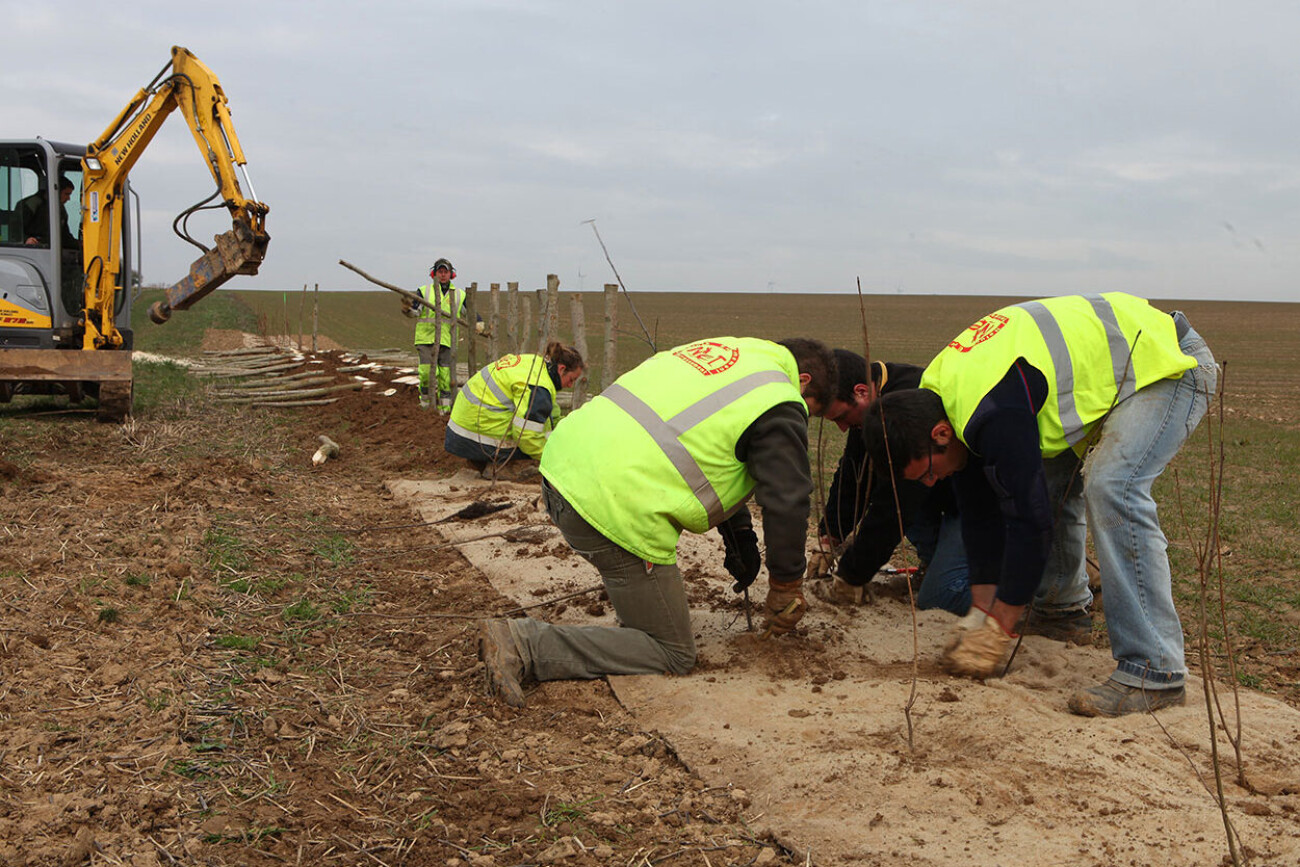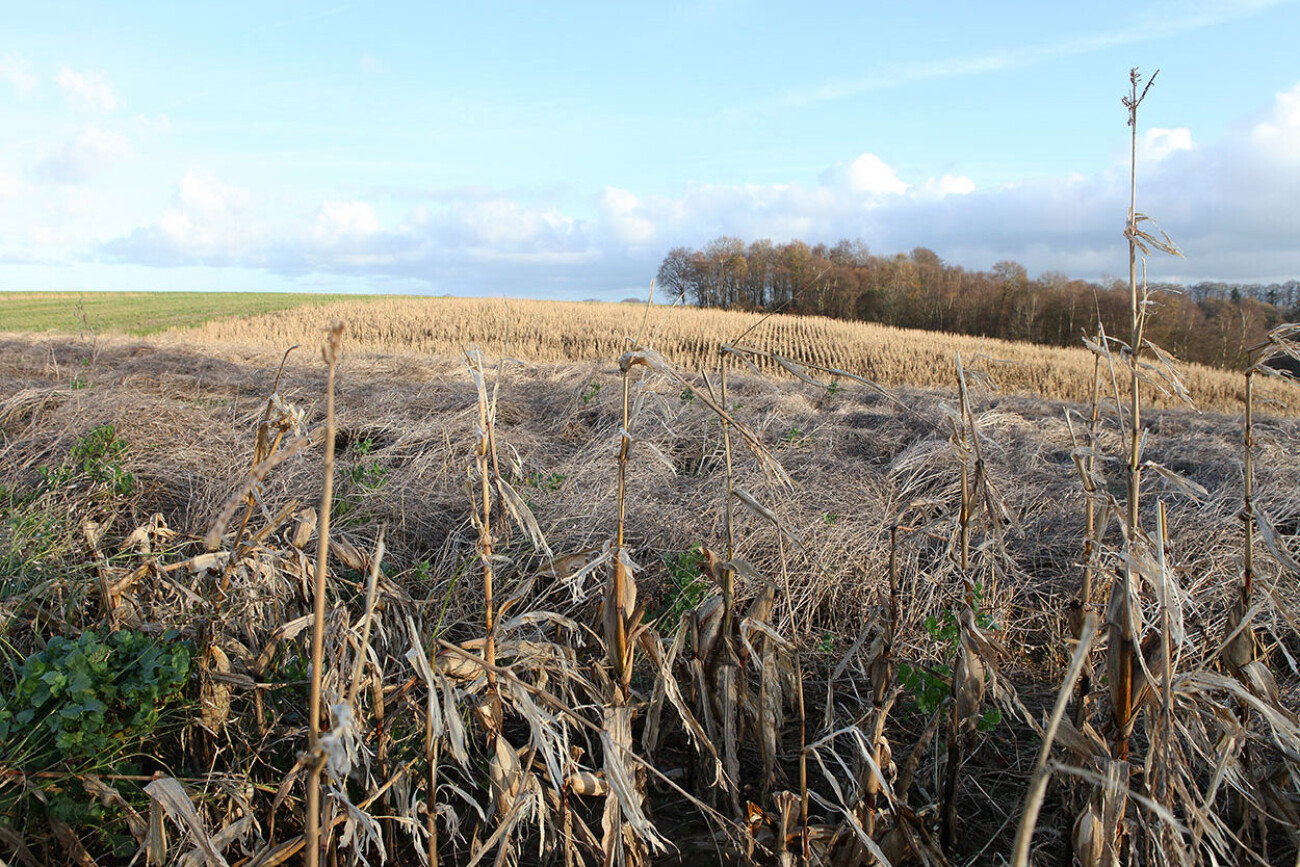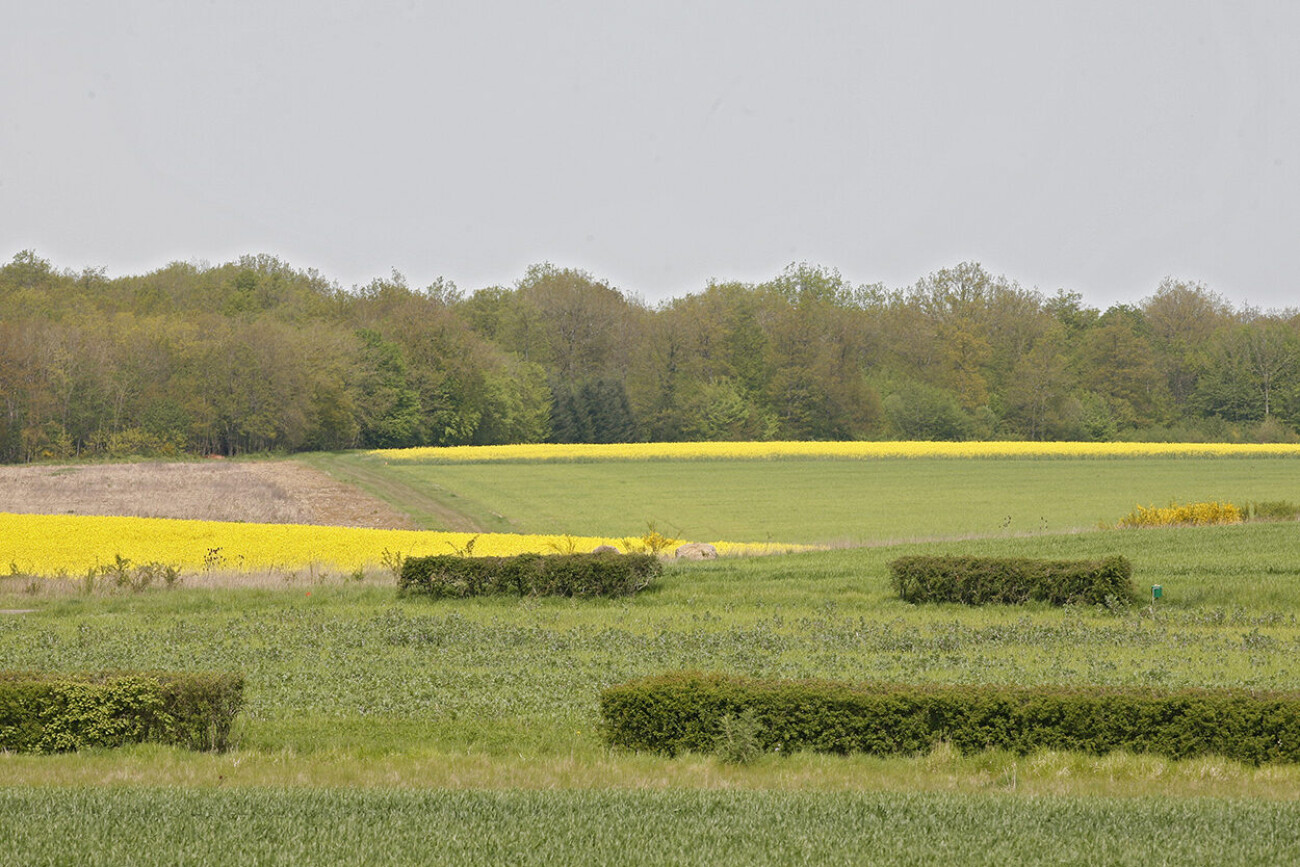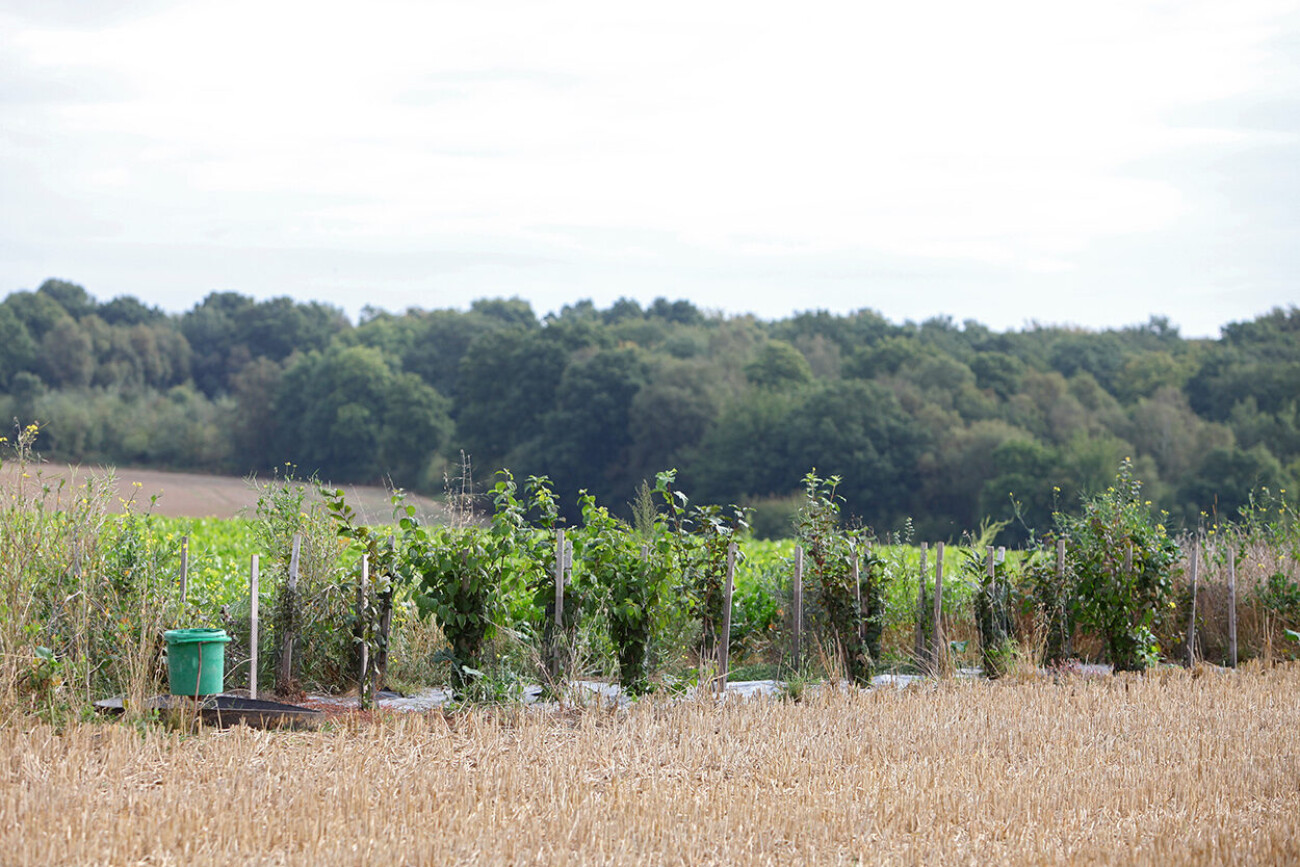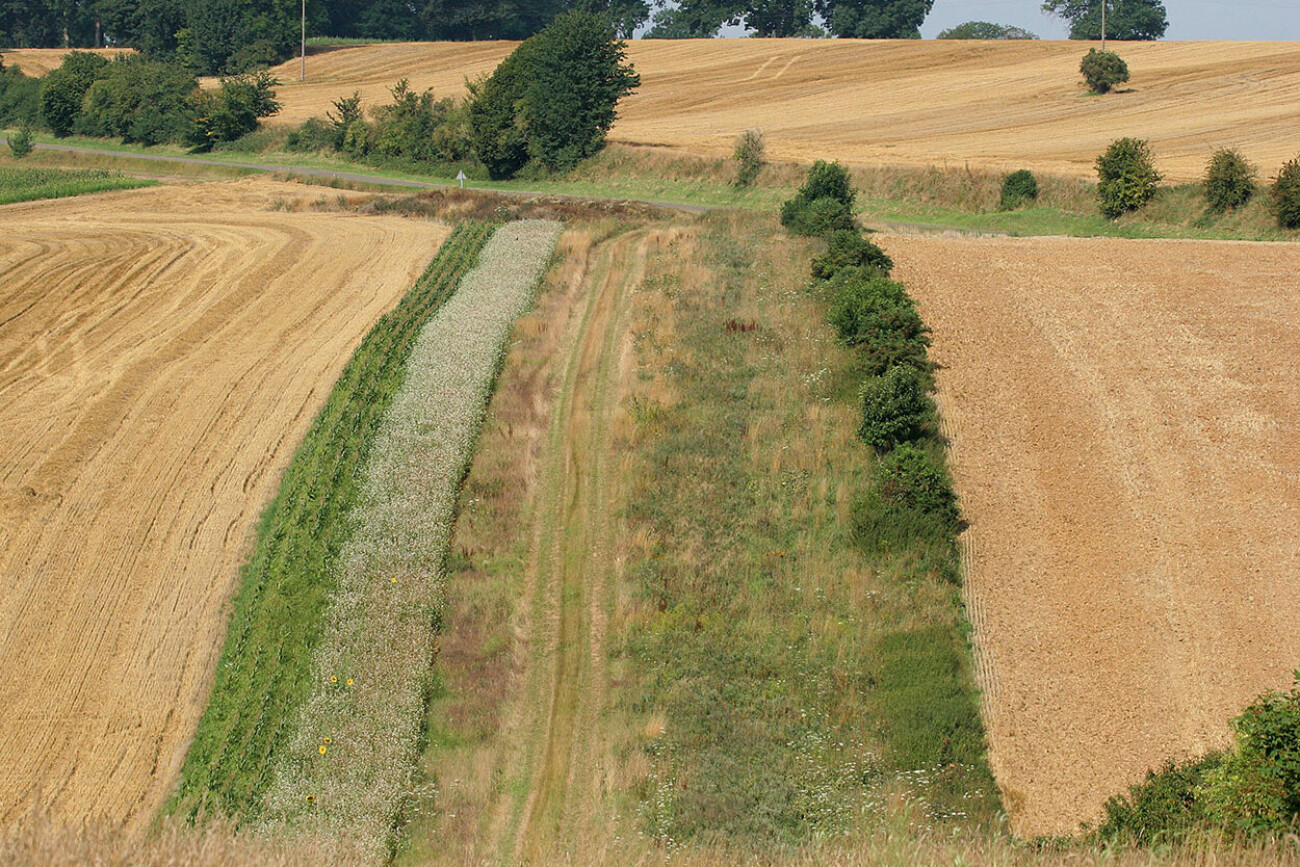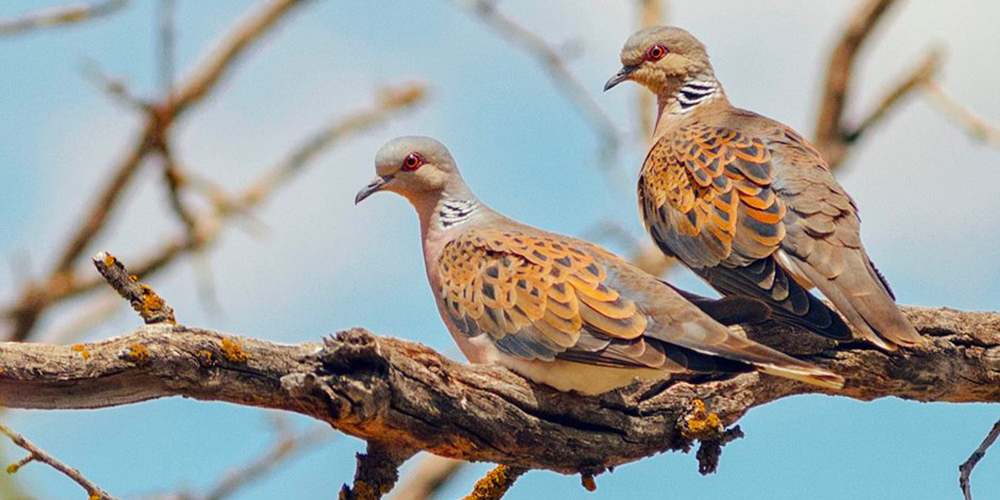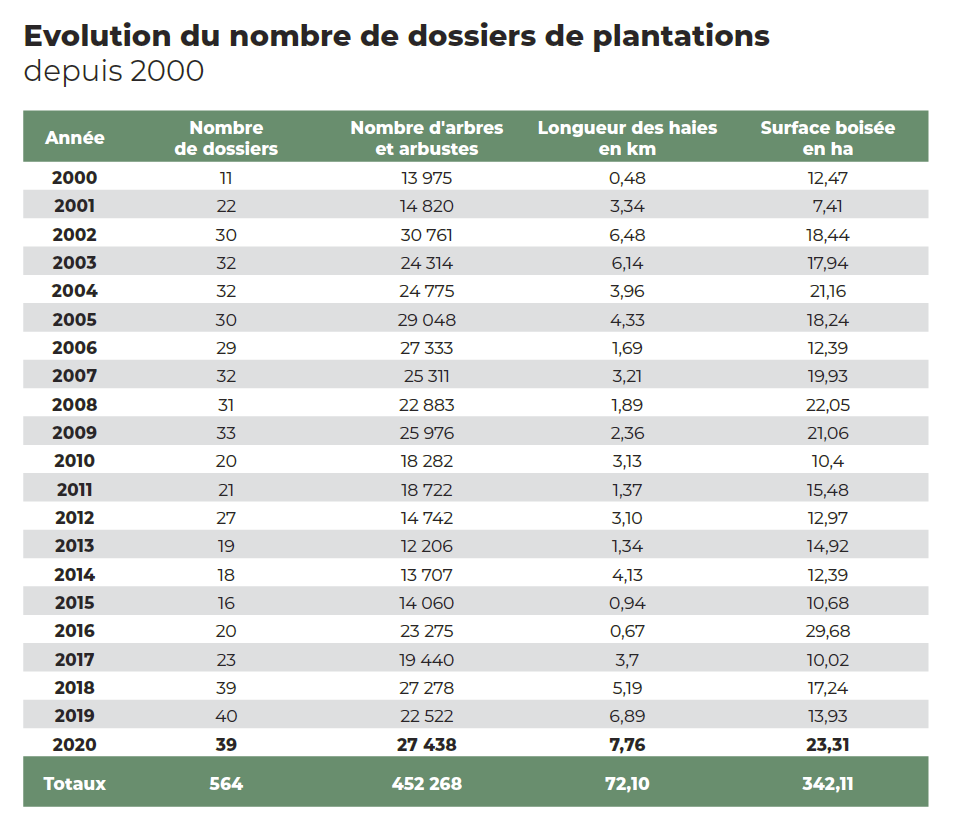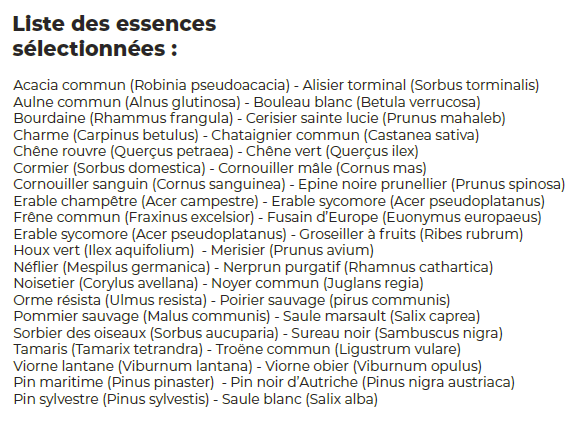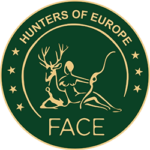The Vendéen 20-year strong habitat restoration project.
Changes in farming have driven the decline of this species in Europe, and targeted conservation action by Member States is needed. Farmers and landowners need to be properly incentivised to create suitable habitat for the species. Where such measures are available, hunters are (and will be) key to conserving habitat and promoting farmer up-take in conservation efforts.
In 20 years, 452,000 trees and shrubs, funded by the Federation of Hunters, were planted on 564 sites (342 ha of afforestation and 72.1 km of hedges)
POLICY RELEVANCE
There are calls by the European Commission to stop Turtle Dove hunting in western Europe, even though hunters are the most active conservationists for this species. There have been significant reductions in harvest levels since the international Turtle Dove action plan was published. Stopping hunting would lead to reductions in the conservation efforts from hunters and therefore would be bad for the species.
Further, the new EU Biodiversity Strategy for 2030, which includes a new restoration initative, calls for more community-based actions led by citizens, businesses, or social partners to protect and restore Europe’s nature. This project demonstrates yet again the longstanding activity on the ground of hunters and their essential role in implementing the strategy throughout Europe in the next 10 years.
This project is an excellent example of how hunters are contributing, for many years already, to delivering the EU’s Biodiversity Strategy for 2030. It accurately describes what can be accomplished for biodiversity and how to achieve those results.
The hunting community is passionate about the conservation of the Turtle Dove and has been actively involved in its conservation since many years. The European Federation for Hunting and Conservation (FACE) has carefully selected this project to highlight the important conservation efforts put in place by the hunting community for the Turtle Dove.
Rich natural environments and the biodiversity that depends on them are essential elements for Europe’s hunters. In recent decades, rural landscapes and natural environments have deteriorated due to land use changes. Hunters are often the first to be affected by this deterioration.
In the region of Vendée along the west coast of France, hunters have started to combat the deterioration of their natural forests and shrubbery. For 20 years they have planted new vegetation yearly. These restoration operations began after a large cyclone in 1999 that devastated the area.
The Project
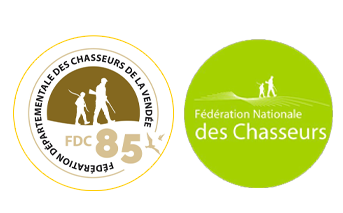 Whether it is linear plantations, afforestation, creating or strengthening existing hedges, the objective remains the same; to help improve biodiversity of their environments.
Whether it is linear plantations, afforestation, creating or strengthening existing hedges, the objective remains the same; to help improve biodiversity of their environments.
By providing heterogeneity in the landscape, this project benefits a large variety of wildlife, including farmland bird species such as the Turtle Dove which relies on tall hedgerows and bushes to shelter, nest and breed. Such environmental efforts provide many other benefits such as providing rich insect and fruits food to bird species. The tree, the hedge, the tall grass are all indeed the source of life.
The tree is a fixed element of the bocage landscape, providing habitat diversity, water, contributing to the fight against greenhouse gases and climate change. To hunters the tree is an agronomic asset. It is important that this lesson is spread to all stakeholders.
Results
Today, hunters have provided researchers with a unique project with a 20-year long data set that can yield significant findings. The Vendéeen hunters plan to continue their hard work, planting more trees every year.
27,438 trees (with around 40 different species) will be planted in 39 points of the department, i.e. 23 ha of afforestation and 7.8 km additional hedges for hunters in 2020-2021.
Efforts like this are ensuring that important species have a future in the region. As Vendée is one of the departments holding the best densities of Turtle Doves in France, the longstanding benefits from such projects now appears crucial for the conservation of the species.
